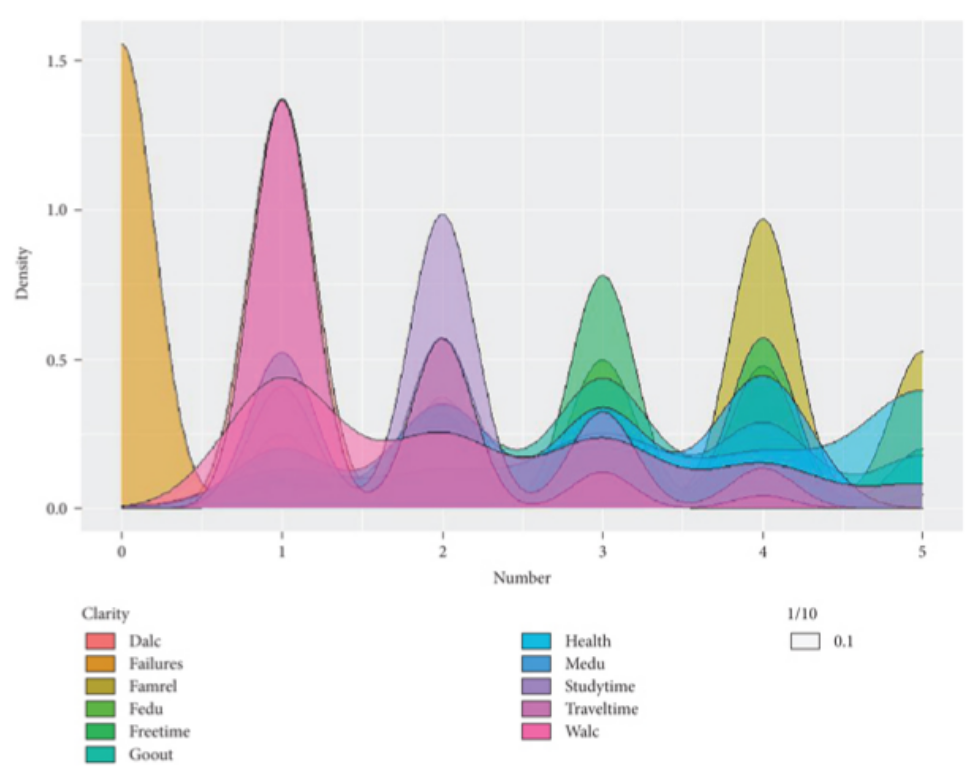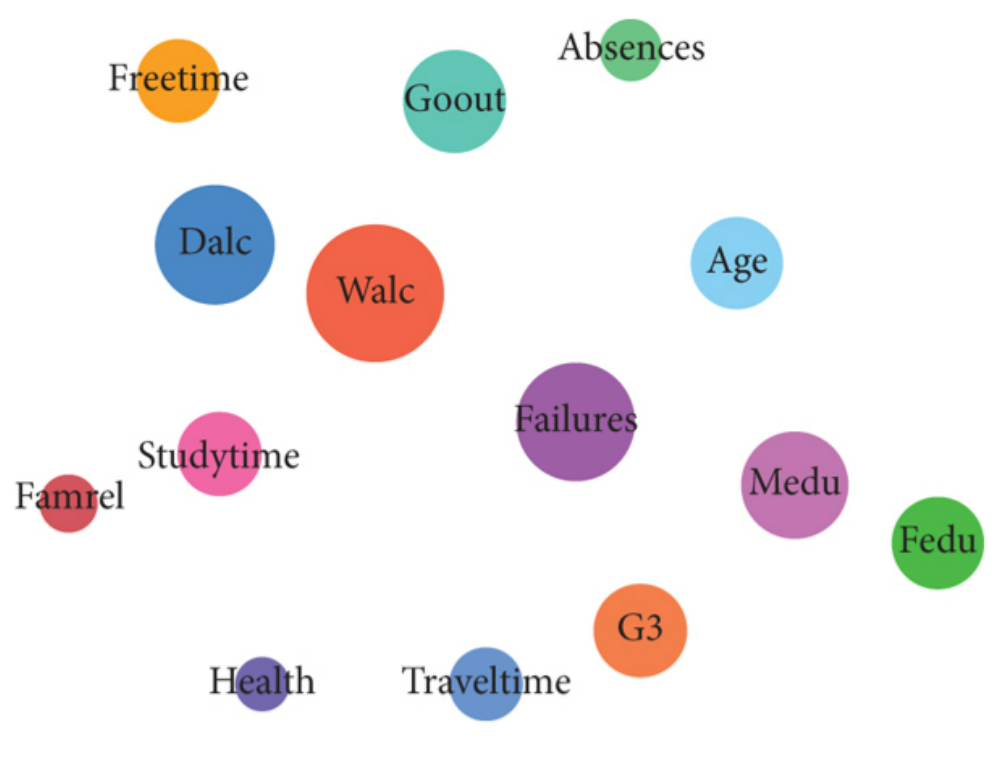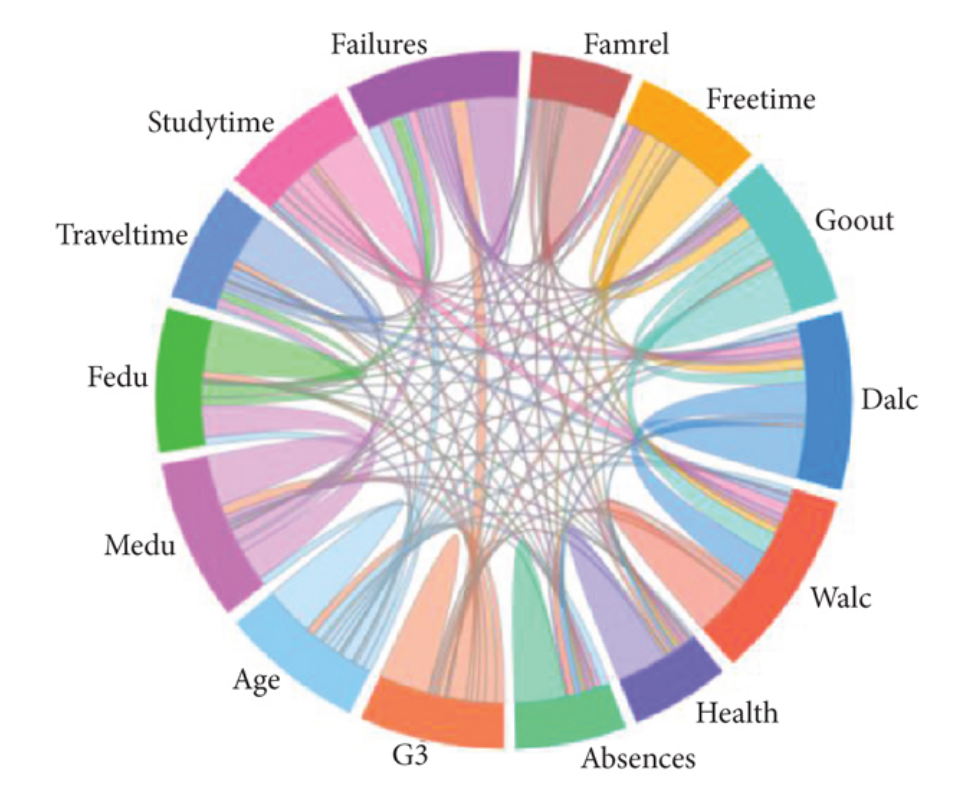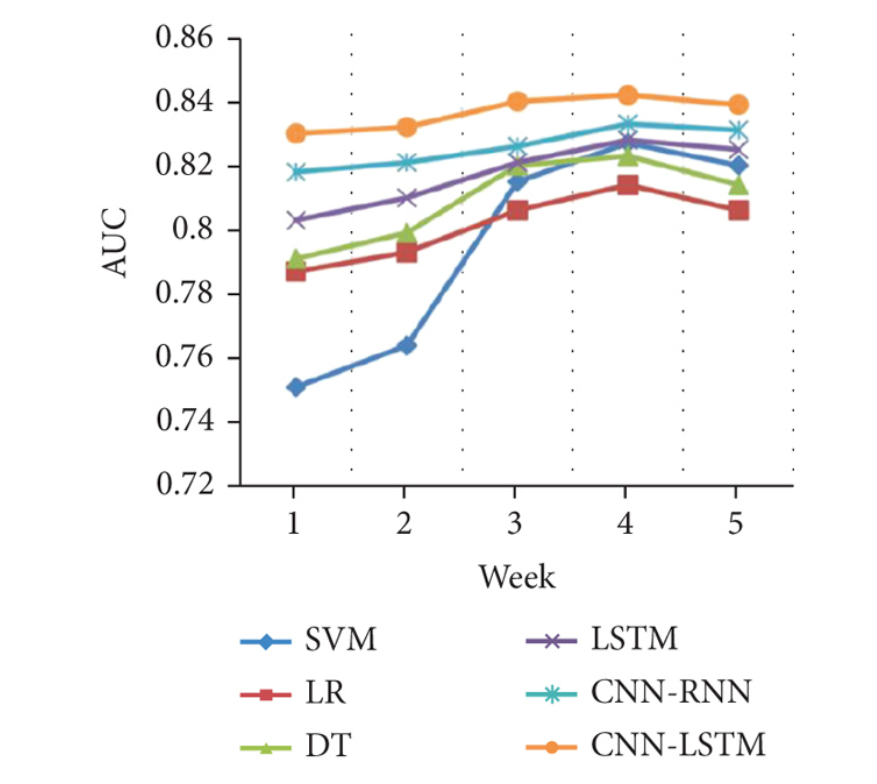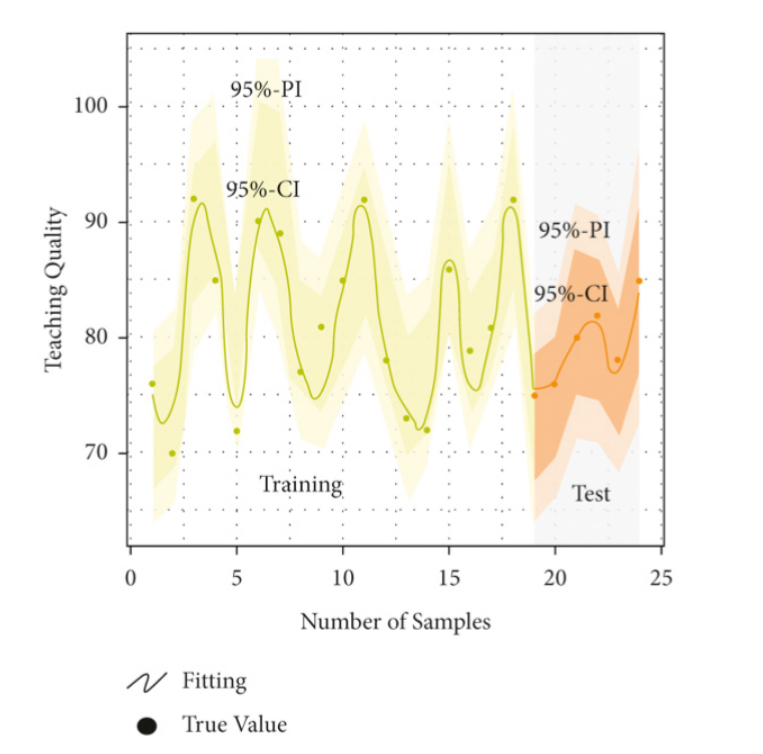 An open access journal
An open access journal
Hybrid Identity Construction of Second-Generation Chinese American Immigrants in Chinatown Family Through Third Space Theory
Abstract
This study employs Homi Bhabha’s Third Space theory to analyze the hybrid identity construction of second-generation Chinese American immigrants—Tom and Eva—in Lin Yutang’s Chinatown Family. It examines how they actively negotiate cultural belonging through mediation, translation, and integration rather than passively accepting binary oppositions between East and West. Tom utilizes technology and bidirectional learning to merge practical wisdom with modern rationality, while Eva acts as a cultural translator in public and familial spheres, reconciling traditional values with American norms. Their experiences demonstrate that the "Third Space" is a dynamic, generative site where immigrants creatively forge identities that honor their heritage while embracing modernity, ultimately challenging essentialist views and highlighting the fluidity of cross-cultural identity in globalization.
Share and Cite
Article Metrics
References
- Anderson, Benedict. Imagined Communities: Reflections on the Origin and Spread of Nationalism. Revised ed., Verso, 2006.
- Bhabha ,K. 1994.The Location of Culture[M]. New York: Routledge.
- Barthes, Roland. Mythologies. Translated by Annette Lavers, Hill and Wang, 1972.
- Clifford, James. Routes: Travel and Translation in the Late Twentieth Century. Harvard University Press, 1997.
- Harvey, David. The Condition of Postmodernity: An Enquiry into the Origins of Cultural Change. Blackwell, 1989.
- Lan, Xiujuan. "A Study on Chinatown Narratives and the Construction of Chinese Immigrants’ Identity from the Perspective of Spatial Criticism." Foreign Language and Literature Studies, vol. 35, no. 2, 2018, pp. 181–191.
- Said, Edward W. Representations of the Intellectual. Pantheon Books, 1994.
- Yuan, Quan. "Chinatown Narratives and Chinese Americans’ Cultural Identity: A Study of Frank Chin, Fae Myenne Ng, and Chen Yaoguang." Master’s thesis, Beijing Foreign Studies University, 2015.

